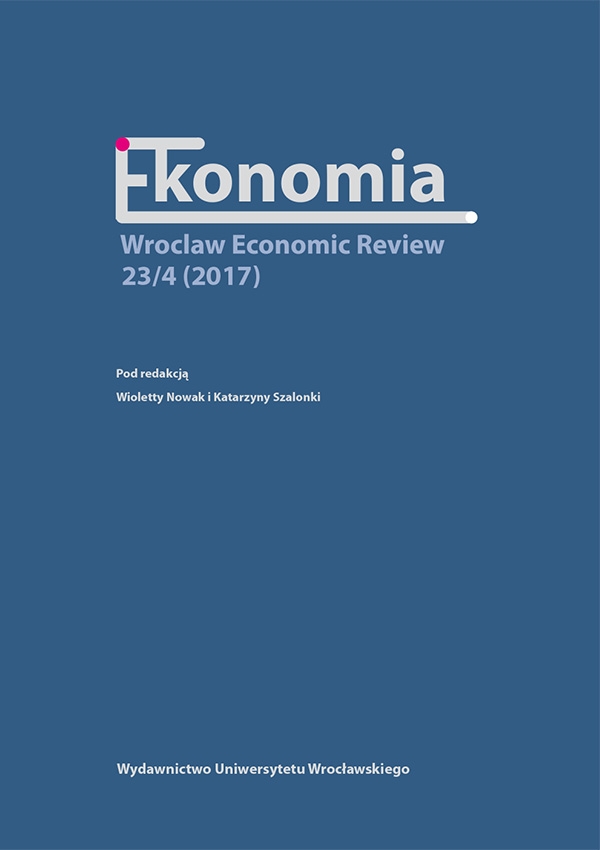

Artykuły

Recreational sport and social activity of visually impaired people. A case study: The Center of Adaptive Technologies of the Regional Nonprofit Organization of Persons with Disabilities “Nadieżda”
Totally blind and partially sighted people have to confront threats that decrease their quality of life. The whole world is structured by people who do not challenge visual impairments, and these structures often are not accessible for persons with vision loss. Such conditions thwart active participation in social, economic and political life, and people with visual disabilities are often excluded. It also applies to recreational sports. Blind and partially sighted people often do not have a chance to do sports. Recreational sports are considered to be an effective and necessary tool of rehabilitation. A research that was conducted in the Center of Adaptive Technologies of the Regional Organization for Persons with Disabilities “Nadieżda” showed that people with visual disabilities who do recreational sports can become more active socially and recreational sports can have a positive infl uence on their health.